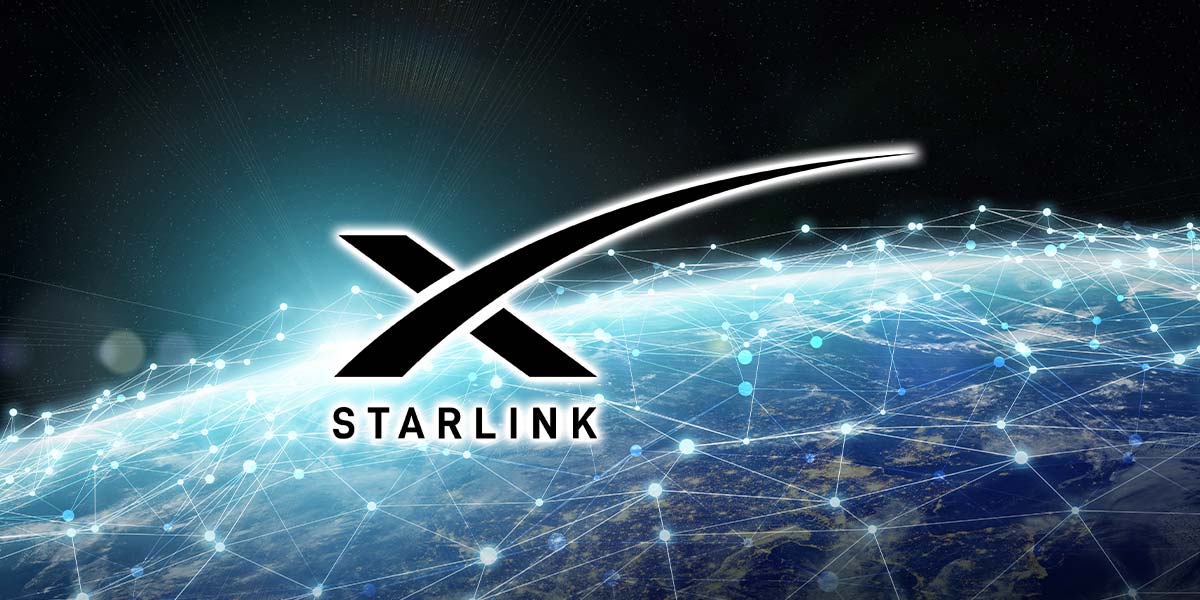A U.S. lawmaker has called on SpaceX CEO Elon Musk to ensure Starlink’s satellite internet is kept out of the hands of transnational criminal groups operating scam centers in Southeast Asia, as concerns over technology-enabled fraud mount in the region.
Senator Maggie Hassan flagged reports that Starlink are enabling criminal organizations to defraud Americans from scam compounds in Myanmar, Thailand, Cambodia, and Laos.
In a letter written to Musk, Hassan pressed Musk to enforce SpaceX service rules, which allow the company to cut off service in cases of fraudulent activity. Hassan referenced findings from the U.S. Treasury Department’s Financial Crimes Enforcement Network, which estimates American victims have lost billions of dollars to these scams.
Criminal syndicates have long trafficked thousands across the Thai-Myanmar border and into compounds where they are forced to run internet scams, according to the United Nations. Many Western consumers are unaware that the barrage of scam calls and emails targeting them may originate from these Southeast Asian networks using Starlink’s robust satellite connectivity, Hassan warned.
The issue has become an urgent regional security concern. Since February, Thai authorities have tried to choke off power, internet, and fuel to five key border zones in Myanmar—among them Myawaddy, a hotspot for scam compounds.
That campaign follows a string of high-profile incidents, including the abduction of Chinese actor Wang Xing, who was kidnapped in Thailand and rescued in Myanmar after a multi-country effort.
International attention on the Southeast Asian scam centers has intensified amid revelations that many of the criminal operations are led by networks out of China, according to the United States Institute of Peace.





